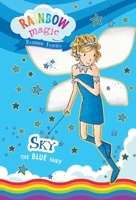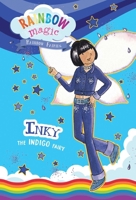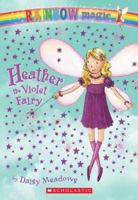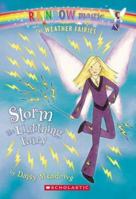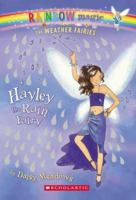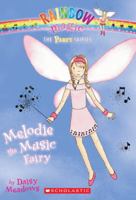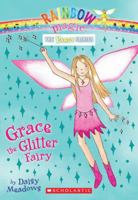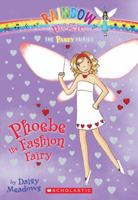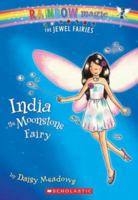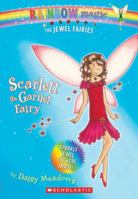You Might Also Enjoy
Book Overview
From #1 New York Times and #1 Wall Street Journal bestselling author, Brad Thor, comes the white-knuckled thriller The Apostle. A new administration and a new approach to dealing with America's enemies have left covert counterterrorism operative Scot Harvath without a job. But when American doctor Julia Gallo is kidnapped in Afghanistan, the terms of her ransom leave the president with only one course of action. In a dangerous assignment that the United States government will deny any knowledge of, Scot Harvath must secretly infiltrate Kabul's notorious Policharki Prison and free the man the kidnappers demand as ransom--al-Qaeda mastermind Mustafa Khan. But when Harvath arrives, he quickly learns that there is more to the kidnapping than anyone dares to admit. And as the subterfuge is laid bare, Harvath must examine his own career of hunting down and killing terrorists, and ask himself if he has what it takes to help one of the world's worst go free. Brimming with the kind of ripped-from-the-headlines authenticity Brad Thor's internationally bestselling novels are known for, The Apostle doubles down on the blockbuster success of The Last Patriot and reaffirms Thor's status as the master of the political thriller. This description may be from another edition of this product.
Format:Hardcover
Language:English
ISBN:1416586571
ISBN13:9781416586579
Release Date:June 2009
Publisher:Atria Books
Length:358 Pages
Weight:1.30 lbs.
Dimensions:1.3" x 6.5" x 9.5"
Related Subjects
England Europe History Ireland Modern (16th-21st Centuries) Religion Religion & Spirituality WorldCustomer Reviews
2 customer ratings | 1 review
There are currently no reviews. Be the first to review this work.











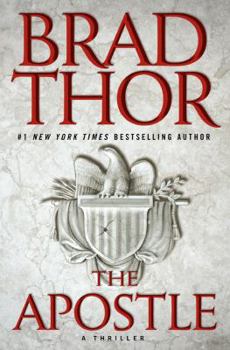


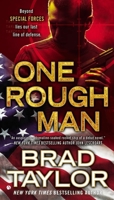
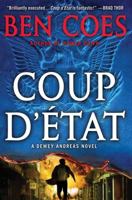
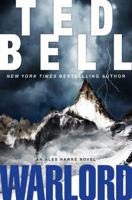
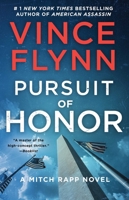

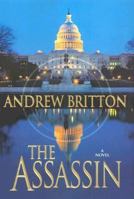
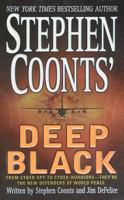
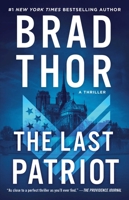
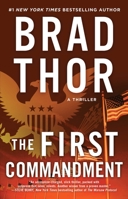
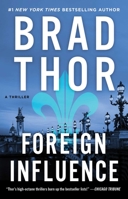
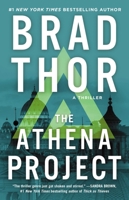
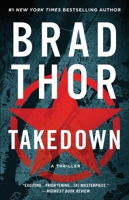
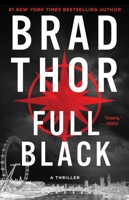
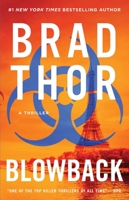
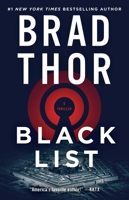
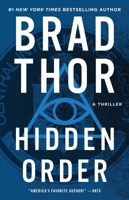
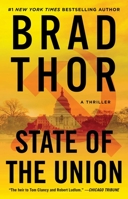
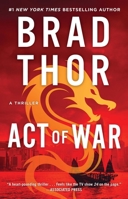
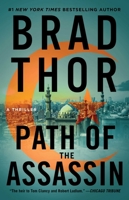
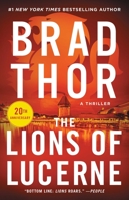
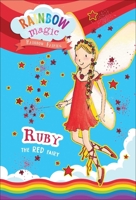
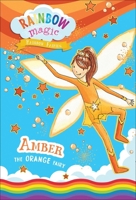
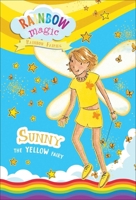
![Fern the Green Fairy [With CD (Audio)]](https://i.thriftbooks.com/api/imagehandler/s/A05228DBE77C666E4CA59C68F6A4D1291DB2EFE8.jpeg)
